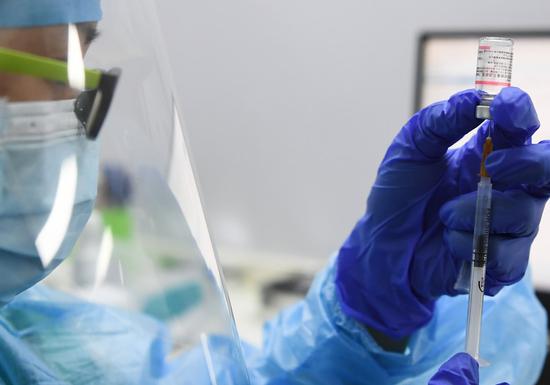
A medical worker prepares a booster shot of COVID-19 vaccine at a vaccination clinic in Fanyu District of Guangzhou City, south China's Guangdong Province, Oct. 18, 2021. (Xinhua/Deng Hua)
A recombinant COVID-19 fusion protein vaccine (V-01) developed and manufactured in China has shown protective effects against the Omicron variant in a clinical booster trial in Pakistan and Malaysia, said the vaccine's developer on Wednesday.
The V-01 vaccine was developed by the Institute of Biophysics under the Chinese Academy of Sciences and Livzon Pharmaceutical Group Inc. (LivzonBio) in south China's Guangdong Province.
According to the initial data released by LivzonBio, 10,241 healthy adults aged 18 years and older who had already received their second dose of inactivated vaccine within the previous three to six months were enrolled in the trial. The participants were injected with a V-01 booster or placebo in a ratio of 1:1.
Of those taking part in the trial, a total of 110 participants became infected with COVID-19.
LivzonBio said that the person-year infection rate in the booster group is 6.73 percent, while the number in the placebo group is 12.8 percent.
It noted that the absolute vaccine efficacy after the V-01 sequential booster was 61.35 percent, which is significantly superior and meets the standards of the World Health Organization.
Meanwhile, the trial also analyzed the virus samples from the infected participants. Among them, 60 specimens were Omicron, while the rest are still undergoing sequencing. The results indicate that the V-01 sequential booster can provide good protection against the Omicron variant.
LivzonBio added that no safety issues of concern were found.
V-01 is a fusion recombinant protein vaccine with the receptor-binding domain (RBD) as the antigen. RBD is the most critical part of the virus spike protein binding with human cellular ACE2 receptors. The binding process grants the virus access to the host's cells and leads to infection. Targeting the RBD is like handcuffing the virus and restraining it from entering host cells.
Compared with other approaches used by vaccines to fend off the virus, the RBD-targeting vaccine is relatively easy to produce and scale up because it requires only a small portion of the virus' spike protein to manufacture. It is more cost-efficient than other types of vaccine and is easier to store and transport.
LivzonBio has applied for phase-III clinical trials in over 10 countries, including Egypt, Indonesia, Russia, Rwanda, South Africa, Pakistan, Malaysia and the Philippines.
Last May, researchers from Peking University and other Chinese research institutes reported in the journal Cell Research that taking an RBD recombinant protein vaccine as a booster shot may be an optimized immunization plan in the future.








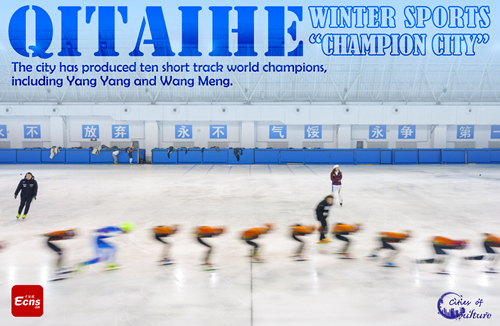


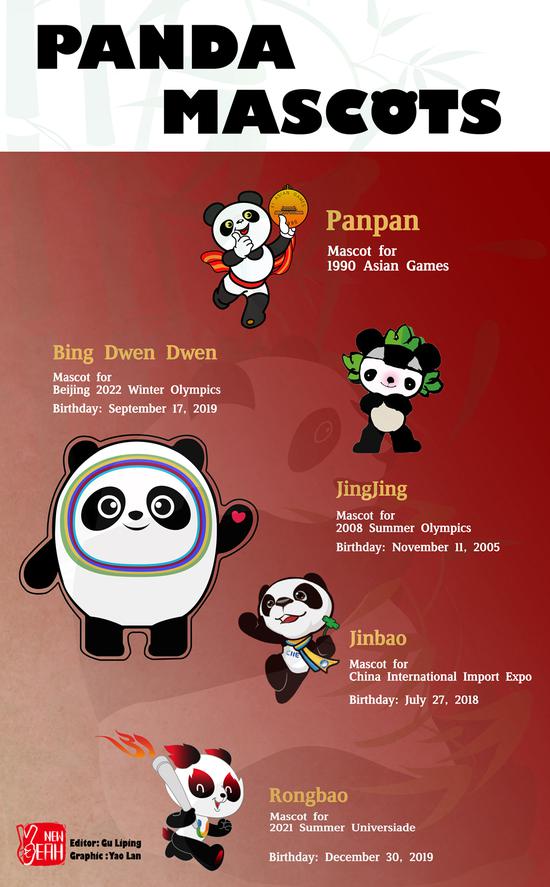







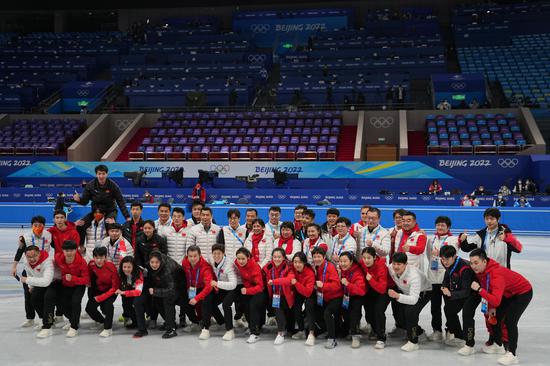

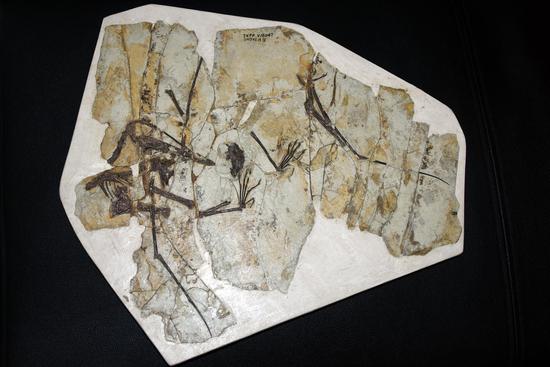
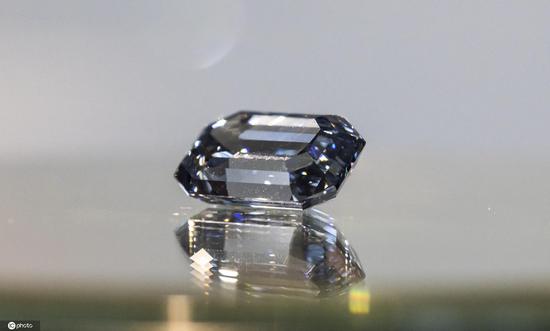




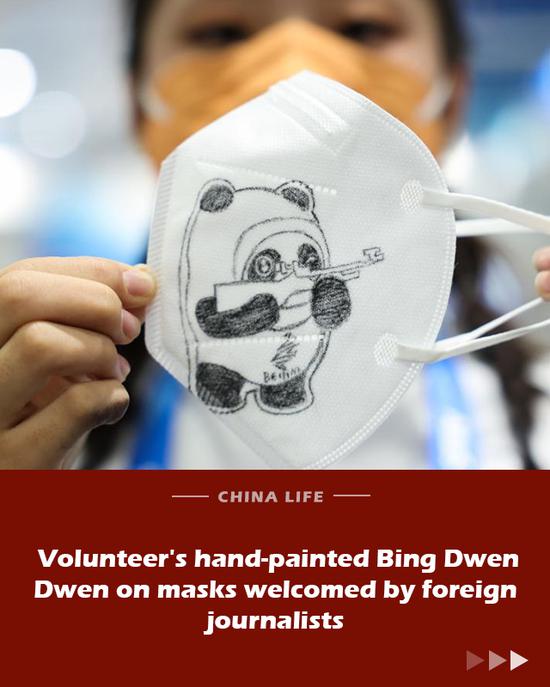



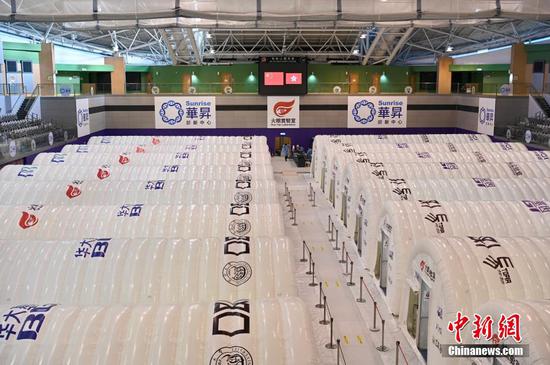

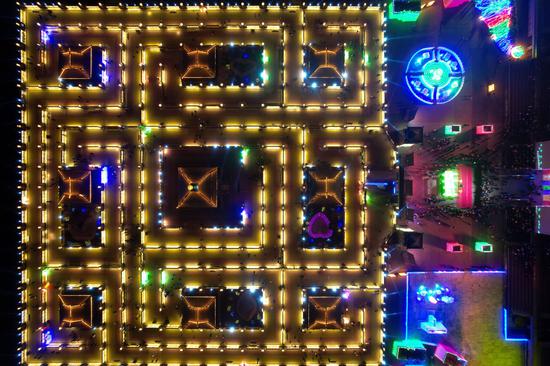
















 京公网安备 11010202009201号
京公网安备 11010202009201号
